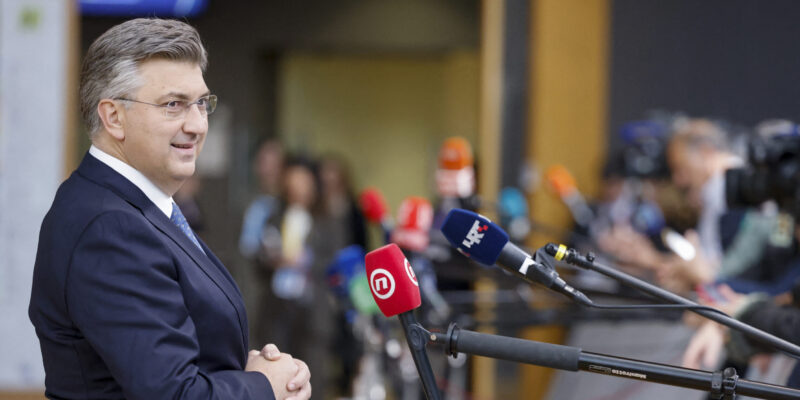Croatia: EFJ calls on MPs to reject “anti-leaks” legislation

The Croatian Parliament began on 18 January 2024 reviewing amendments to the criminal code tabled by the government to criminalise the unauthorised leaking of documents from criminal proceedings. The text provides for up to three years’ imprisonment for anyone disclosing the contents of “an investigative or evidentiary document”. The European Federation of Journalists (EFJ) joined its affiliate, the Croatian Journalists’ Association (CJA), in calling for the proposed legislation to be dropped, as it would have alarming repercussions for journalistic sources and the right to information.
While a paragraph has been added to exempt journalists from criminal liability, the proposed amendments open the door to the seizure and search of journalists’ communications, raising serious concerns about the protection of journalistic sources, a cornerstone of media freedom.
Prime Minister Andrej Plenković tried to reassure critics by saying that the bill “addresses the problem of the leaking of information in the non-public phase of criminal proceedings” and that it would concern judicial officials, police, lawyers and witnesses. The government announced changes to the law in 2023 after several scandals were revealed by the media and backed up by leaked communications.
“It is essential to recognise that the potential enactment of this law could give law enforcement agencies the power to indiscriminately seize and search a journalist’s means of communication, including personal computers and cell phones,” warned Hrvoje Zovko, CJA President.
EFJ General Secretary Ricardo Gutiérrez added: “We share the concerns of the Croatian journalists and call on MPs to reject proposed amendments that will dissuade sources from speaking to journalists. The fundamental protection of sources is not a privilege of journalists. It is a condition for guaranteeing the right to information.”
This statement was produced by EFJ as part of the Media Freedom Rapid Response (MFRR), a Europe-wide mechanism which tracks, monitors and responds to violations of press and media freedom in EU Member States and Candidate Countries.











